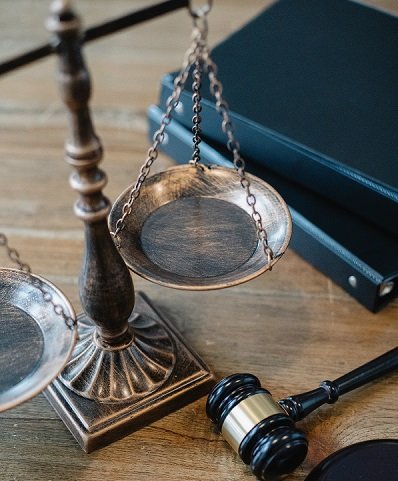Children’s Court Matters

The Children’s Court jurisdiction operates very differently from the adult criminal jurisdiction. Young people proceeding through Children’s Court with criminal charges need lawyers experienced in explaining the complexities of the law in a way that is easily understood. Furthermore, it is very important that any lawyer representing a young person has experience dealing with the unique rules, procedure and legal options that apply to the Court Children.
In the Children’s Court, there are additional factors the prosecution must prove beyond a reasonable doubt where children are under the age of 14. It must be shown that at the time of the offence, the child had ‘capacity’ to commit a criminal offence. The prosecution’s obligation goes beyond showing that the child thought what they were doing was ‘wrong’. In that regard, it is important that any lawyer representing a child accused of a criminal offence understands precisely what the prosecution must prove and the material required to do that. It is rarely enough, for example, for the prosecution to simply produce an admission by a child made in a police interview where the child states – now that they know they’re in trouble for something – that think they’ve done something wrong.
Where children do have capacity, the Children’s Court can deal with matters with a range of different penalties distinctive to that Court. Children and young people may still plead not guilty and go to trial, making the prosecution prove all the elements (‘essential ingredients’) of an offence. If the young person wishes to take responsibility however, the Court may impose a penalty which has a greater focus on rehabilitation than adult court, and which encourages the young person to develop in positive and socially acceptable way.
Detention (‘children’s jail’), for example, is imposed only as a last resort. Any detention ordered should be limited to the shortest time necessary.
For certain offences, children may be sent to Juvenile Justice Team (‘JJT’) or Court Conferencing. These programs require the young person to attend a meeting with police, Youth Justice Services officers, and other nominated people, such as parent, respected person from the community and/or, occasionally, the victim. A punishment is agreed and an action plan is created to address some of they issues that may have led to the offending.
If an offence is too serious for that, other punishments, such as a Youth Community Based Order (YCBO), Intensive Youth Supervision Order (IYSO) or Conditional Release Order (CRO) can be imposed. Lawyers, prosecutors, the Magistrate or Judge and Youth Justice Service officers work together during the sentencing process to come up with a plan and conditions appropriate for each child. The aim of the plan and conditions is to create a punishment that still provides support to the child and helps them develop in a positive way and contribute constructively to the community. That plan is created with the assistance of specialised reports and court processes.
Given the very different focus, procedures and outcomes in the Children’s Court, it is important to ensure any lawyer representing a young person is experienced and knowledgeable in this particular legal area. If you have any questions about Children’s Court criminal charges, contact Timpano Legal on 9221 7777.


 (08) 9221 7777
(08) 9221 7777 



